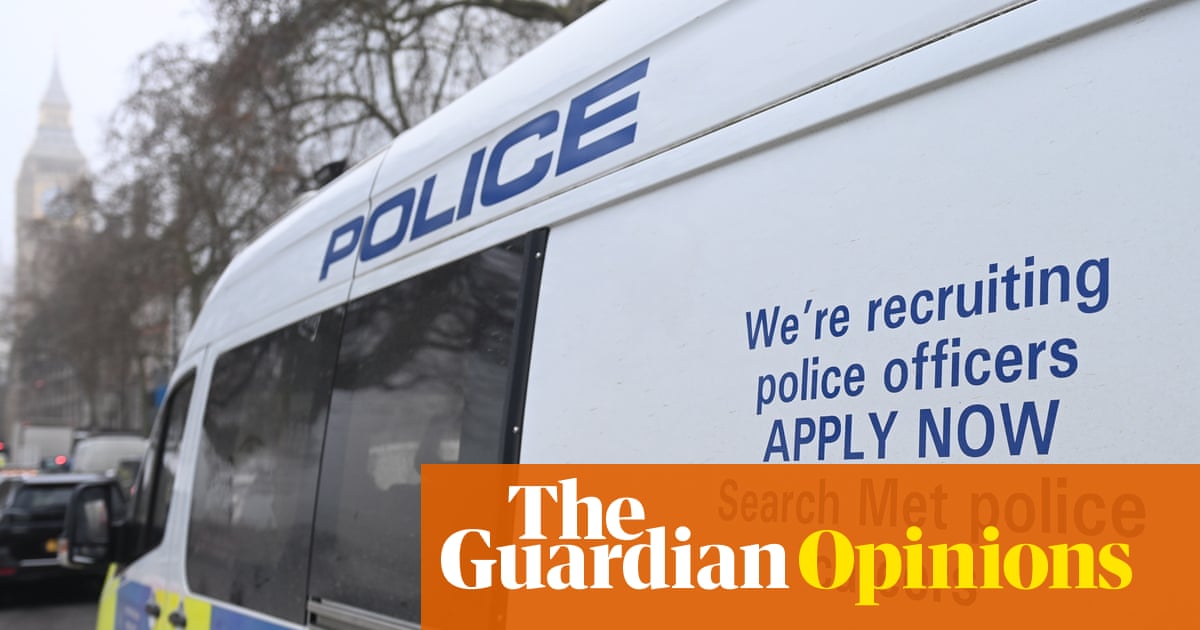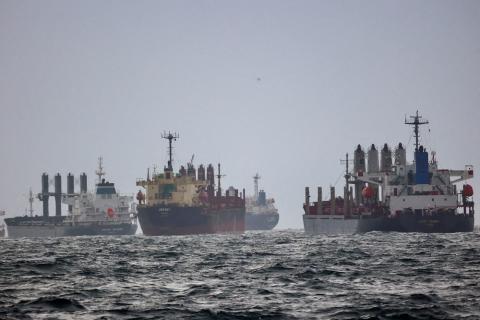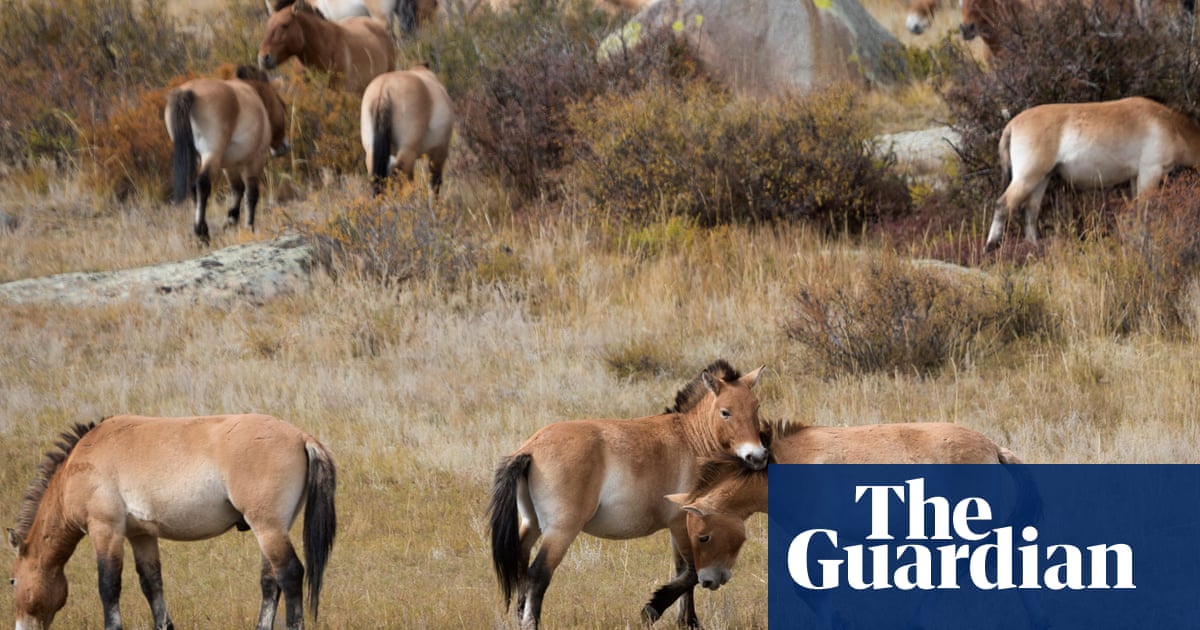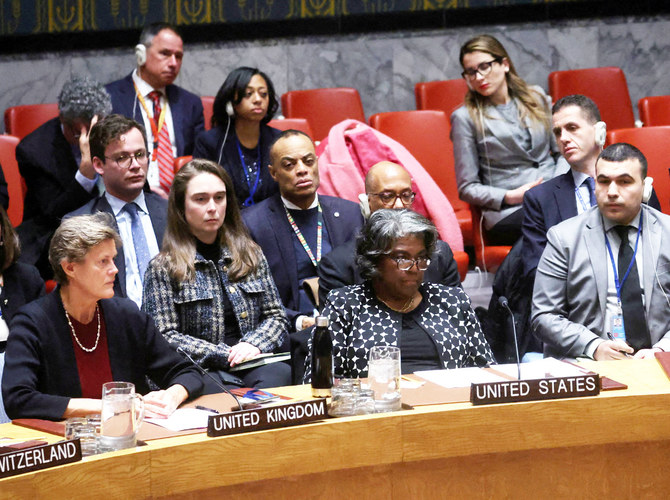
Black Lives Matter protests last summer sparked an uncomfortable reckoning for many European nations with a legacy of slavery and colonialism.
Excavating this dark history via revised school curriculums and initiatives such as Black History Month is difficult. But it is badly needed, and not just to dispel the self-congratulatory and entirely false narratives about Europe’s “civilisational” past still being driven by nationalist and populist politicians.
The new conversation is urgently required if the EU is to salvage flagging efforts to launch a so-called partnership of equals with African nations. And it is needed, too, if European governments are to put relations with African European citizens on a sounder and more respectful footing.
There are encouraging signs. In Germany, BLM protests injected momentum into efforts to change street names with colonial-era or racist references. In France, the armed forces ministry provided local authorities with a guide to 100 Africans who fought for France in the second world war, so that streets and squares may be named after them. President Macron had, in 2019 during a visit to Ivory Coast, denounced the French “hegemonic view and the trappings of colonialism”, which he said were “a grave mistake – a fault of the republic”.
In Belgium, authorities responded to protests by removing at least some public monuments to King Leopold II, whose forces seized Congo in the late 19th century and ran an exploitative regime that led to the deaths of millions.
And in an unprecedented step last summer, Belgium’s King Philippe, an indirect descendent of Leopold II, wrote to the Congolese president, Félix Tshisekedi, to offer his deepest regret for the “humiliation and suffering” inflicted during Belgium’s colonial occupation of the country. The pain of the past, said the king, was “revived by the discrimination that is still all too present in our societies”.
They may have been a long time coming, and carry only symbolic value, but such gestures matter.
Macron’s recent decision to invite young Africans rather than their political leaders to a France-Africa summit on biodiversity in July and to involve African Europeans in the effort are also steps in the right direction; as are efforts to bring female entrepreneurs, cities and business leaders into continuing African-European conversations.
Because Europe and Africa are interconnected and interdependent. They need each other to create jobs and growth on both continents, to ensure a post-pandemic economic recovery and to tackle climate change.
The EU remains the leading aid, trade and investment actor across the continent. African exports of raw materials, chemicals and petroleum products, minerals and metals as well as fishery and agricultural goods, continue to be the mainstay of many European industries.
Yet, even if Africa’s once dynamic growth rates have been slowed by the pandemic, its economic potential, youthful population and plans to build an African Continental Free Area, (AfCFTA) modelled on the EU single market, will intensify international rivalry and competition – especially between Europe and China.
EU policymakers insist that their policies are better than Beijing’s, and that while China’s investments under the belt and road initiative grab global attention, they are worsening Africa’s already high debt burden and making debt-relief measures even more urgent.
African commentators accuse the EU, which makes its aid conditional on human rights and other norms, of harbouring “paternalistic” attitudes, saying the bloc could learn from Beijing on consulting, informing and working with African states as true equals. They have a point.
African Union leaders cancelled a much-trailed online EU-Africa mini-summit in early December at the last minute. That followed the postponement because of coronavirus of a full-format meeting scheduled for October. This can not be brushed off as just another routine diplomatic mishap.
It is time to come clean. A reset of this relationship is difficult because many increasingly self-confident Africans are understandably sceptical about Europe’s motives. Africa-Europe relations have for years been marked by an imbalanced donor/recipient relationship, with African governments seeking access to EU trade and aid preferences, while European leaders have cultivated privileged ties with African elites and ignored the needs of the continent’s younger generation. Fortress Europe’s aim to keep out African migrants has added to the mistrust.
Tasked with picking up the pieces, Portugal, as current holder of the rotating EU presidency, is hoping it can replicate this year a successful EU-Africa summit it organised in 2007.
But times have changed. Geopolitics have become more unpredictable, the uncertainties triggered by the pandemic are countless and more countries, including post-Brexit Britain, are vying with the EU for economic opportunities in Africa.
One way forward would be an EU acknowledgment of the damage wreaked by colonialism followed by a recognition by African governments that a new generation of modern European leaders – as EU council President Charles Michel noted last year – can no longer be weighed down by the “burden of nostalgia”.
A joint statement that admits the missteps of the past but also promises fresh beginnings may not lead to an immediate uptick in EU-Africa relations. But it would represent a very good start.
If they are to make good on plans for a fairer revamp of relations with African states, EU leaders must take collective action to exorcise the ghosts of Leopold II – and those of other colonial “heroes” who trod similar ground.
That will mean addressing African grievances over Europe’s role in the slave trade and the crueller aspects of colonial rule, as well as persistent modern-day discrimination, racism and unconscious bias.
It will require a change in Europe’s toxic debate on migration, implementation of a new EU anti-racism agenda and stepping up work on “international partnerships” to replace the traditional EU policy of aid – or, as it was known in Brussels until recently, “development cooperation”, in which outdated white saviour narratives were firmly embedded.
Shada Islam is a Brussels-based commentator on EU affairs. She runs New Horizons project, a strategy, analysis and advisory company












